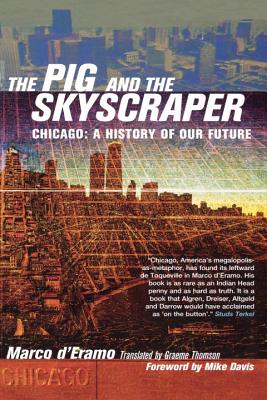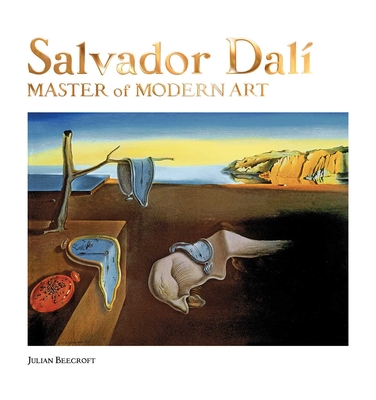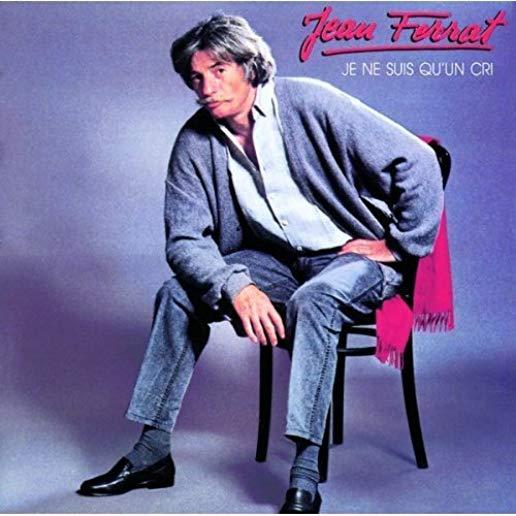
description
3"You expect the city of Al Capone and what you find are pleasant boulevards coursing up and down between the neo-classical buildings of the 1893 Universal Exhibition ... The city center unfolds before you, an architectural miracle that is to twentieth-century urban planning what Venice must have been for the fifteenth century." Like a cross between Philip Marlowe and Walter Benjamin, Marco d'Eramo stalks the streets of Chicago, leaving no myth unturned. Maintaining a European's detached gaze, he slowly comes to recognize the familiar stink of modernity that blows across the Windy City, the origins of whose greatness (the slaughterhouses, the railroads, the lumber and cereal-crop trades) are by now ancient history, and where what rears its head today is already scheduled for tomorrow's chopping block. Chicago has been the stage for some of modernity's key episodes: the birth of the skyscraper, the rise of urban sociology, the world's first atomic reactor, the hard-nosed monetarism of the Chicago School. Here in this postmodern Babel, where the contradictions of American society are writ large, d'Eramo bears witness to the revolutionary, subversive power of capitalism at its purest.
member goods
No member items were found under this heading.
Return Policy
All sales are final
Shipping
No special shipping considerations available.
Shipping fees determined at checkout.







